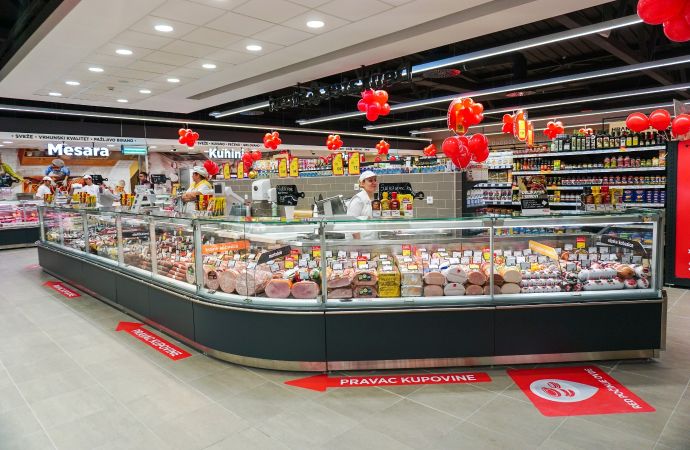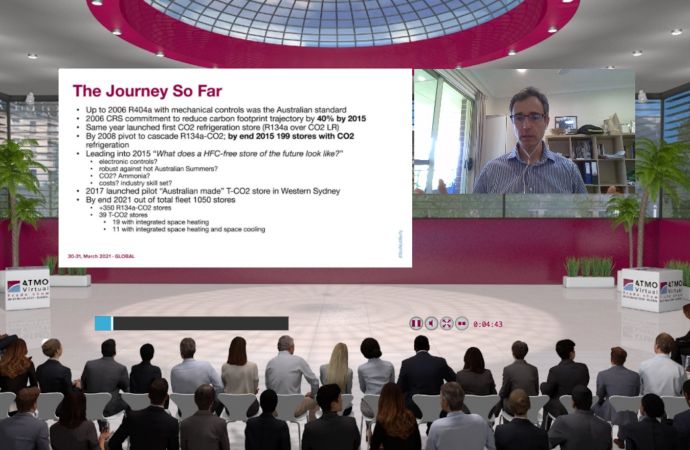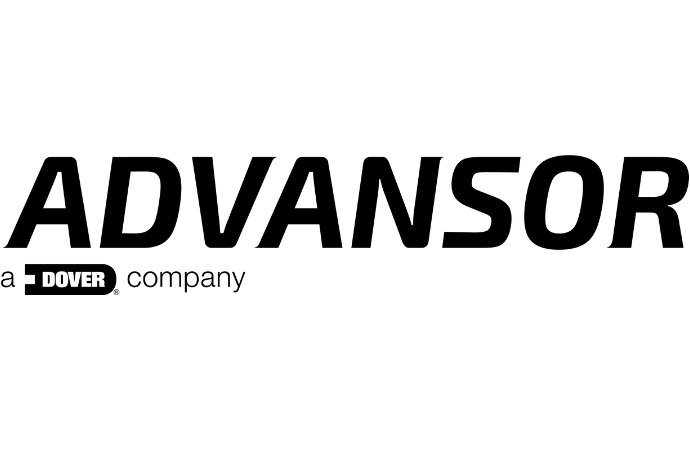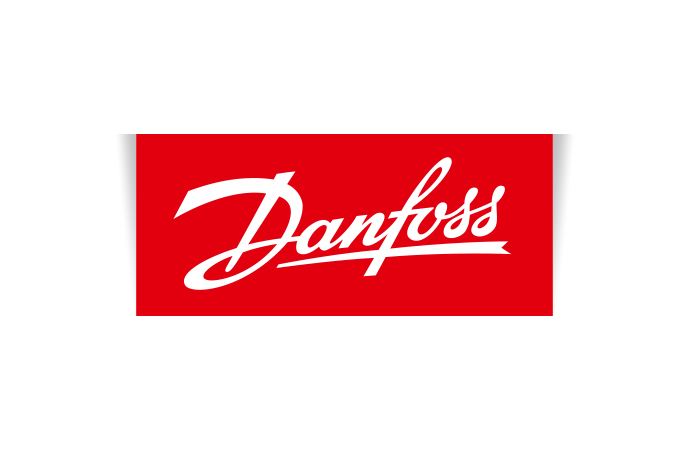In November 2018 Delhaize Serbia opened its first CO2 transcritical store, in the capital Belgrade. Accelerate Europe reports.

Delhaize Serbia's first CO2 transcritical store, in capital Belgrade.
Photo credit: Delhaize Serbia
Delhaize Serbia, the country’s leading retailer, has opened its first CO2 transcritical supermarket. The store, located in Belgrade, opened on 7 November 2018.
“Now we are capable of implementing CO2 transcritical, and we will definitely go in that way for the future,” Duško Pantović, expert associate for refrigerant installations at Delhaize Serbia, told Accelerate Europe magazine.
Danish CO2 transcritical rack manufacturer Advansor provided the rack system. Danfoss, another Danish multinational, helped with the system design – working together with local installer Frigomax, according to Danfoss Serbia’s website. LU-VE provided the gas coolers.
Frigomax, together with Danfoss, installed the CO2 transcritical system and the Danfoss monitoring system. “Finally seven years after our first step [where we focused on increasing energy efficiency in our stores], we are opening our first CO2 transcritical store,” says Pantović.
“Now we are capable of implementing CO2 transcritical, and we will definitely go in that way for the future.”
– Duško Pantović, expert associate for refrigerant installations, Delhaize Serbia
Delhaize Serbia was supported with know-how, equipment and training by Danfoss.
For the local retailer, this is only the beginning. The group plans to open a second CO2 transcritical store by the end of 2018, and is targeting a minimum of 10 stores with natural refrigerants by the end of 2019.
“During next year we have a plan to have at least 10 shops before we set a standard that in all new shops it has to be CO2,” Pantović told Accelerate Europe.
This is part of Delhaize Serbia’s wider pledge to address its climate impact. The retailer began improving energy efficiency in 2012, when the company implemented an electronic expansion valve instead of a classic thermo-expansion one, Pantović explains. “Since 2012, we’ve also put doors on all our cabinets, replaced classical thermo-expansion valves with electro-expansion valves (AKVs), and added ADAP-KOOL software,” he says.
Click here to read the full article in the latest Accelerate Europe magazine.
Related stories






